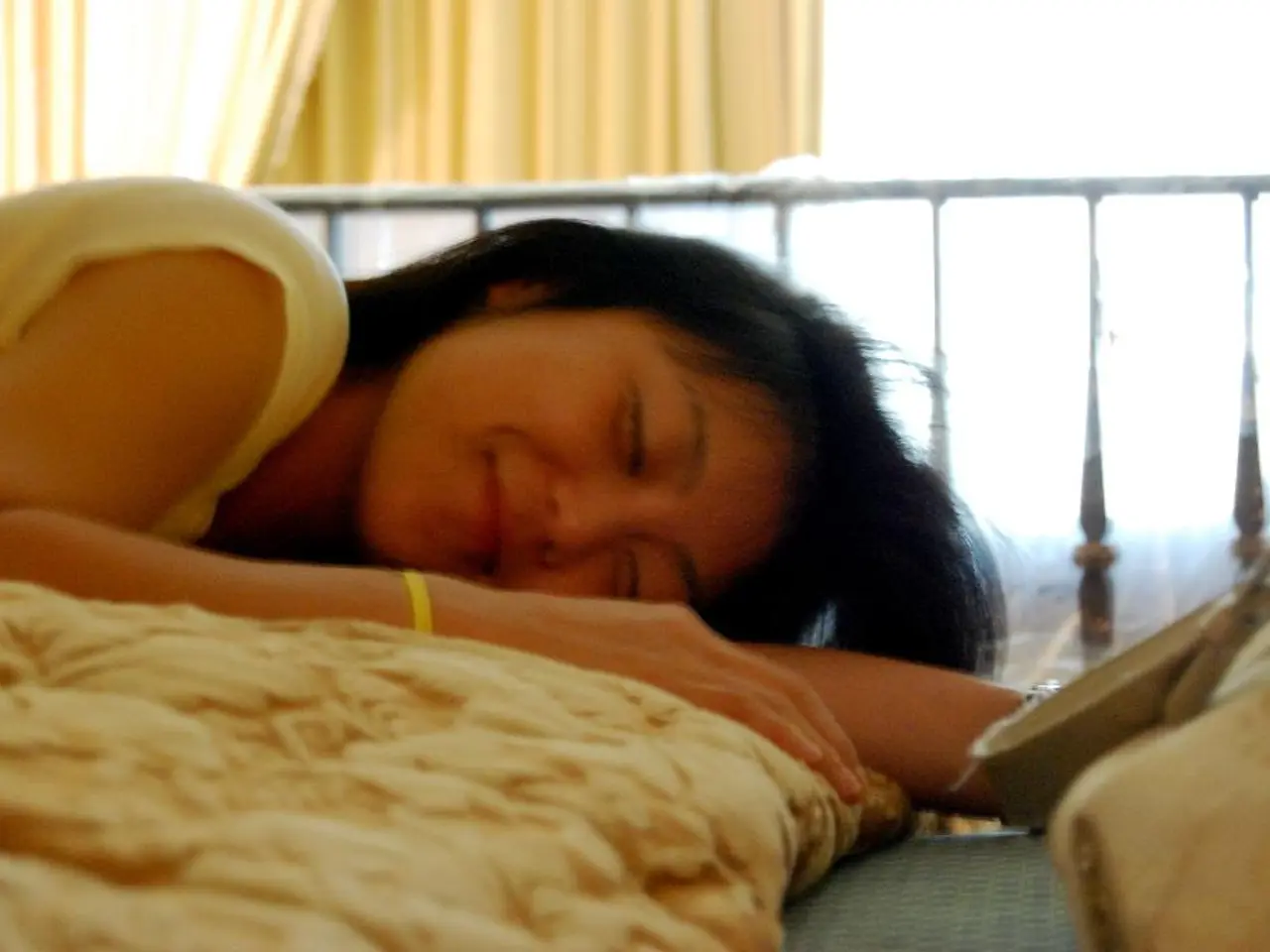Study: Antidepressant Bupropion Shows Promise in Treating Female Sexual Desire Disorder
A recent study suggests that Bupropion, an antidepressant, may hold promise in treating female sexual desire disorder (FSD). The research, led by Dr. Taylor Segraves, found that Bupropion increased libido in women with hypoactive sexual desire disorder (HSDD), with effects noticeable within two weeks. However, it's important to note that Bupropion is not currently approved in Germany for this purpose.
HSDD affects approximately 20% of women in the US, yet there are no approved treatments. The study found that after an eight-week treatment phase, 39% of women reported satisfaction with their sex life again. Nearly a third experienced increased sexual fantasies, arousal, and desire. Bupropion's positive effects may be due to its targeting of noradrenergic and dopaminergic neurotransmitters in the brain. Treatment methods for sexual dysfunction typically involve education, psychotherapy, sex therapy, medication, or pelvic floor therapy. Doctors stress the importance of personal appointments, sometimes with partners, to diagnose the underlying causes of sexual dysfunction. Further research is needed to confirm these results.
The study provides hope for a potential new treatment for FSD and HSDD. However, more research is required before Bupropion can be widely used for this purpose. The study's findings highlight the need for continued exploration into the causes and treatments of sexual dysfunction in women.






